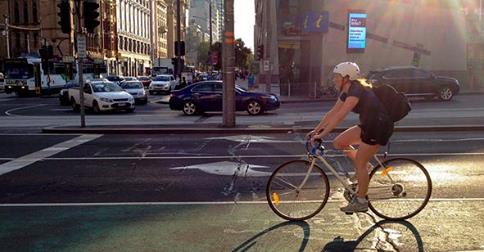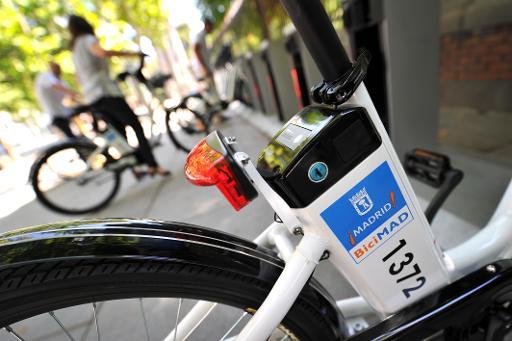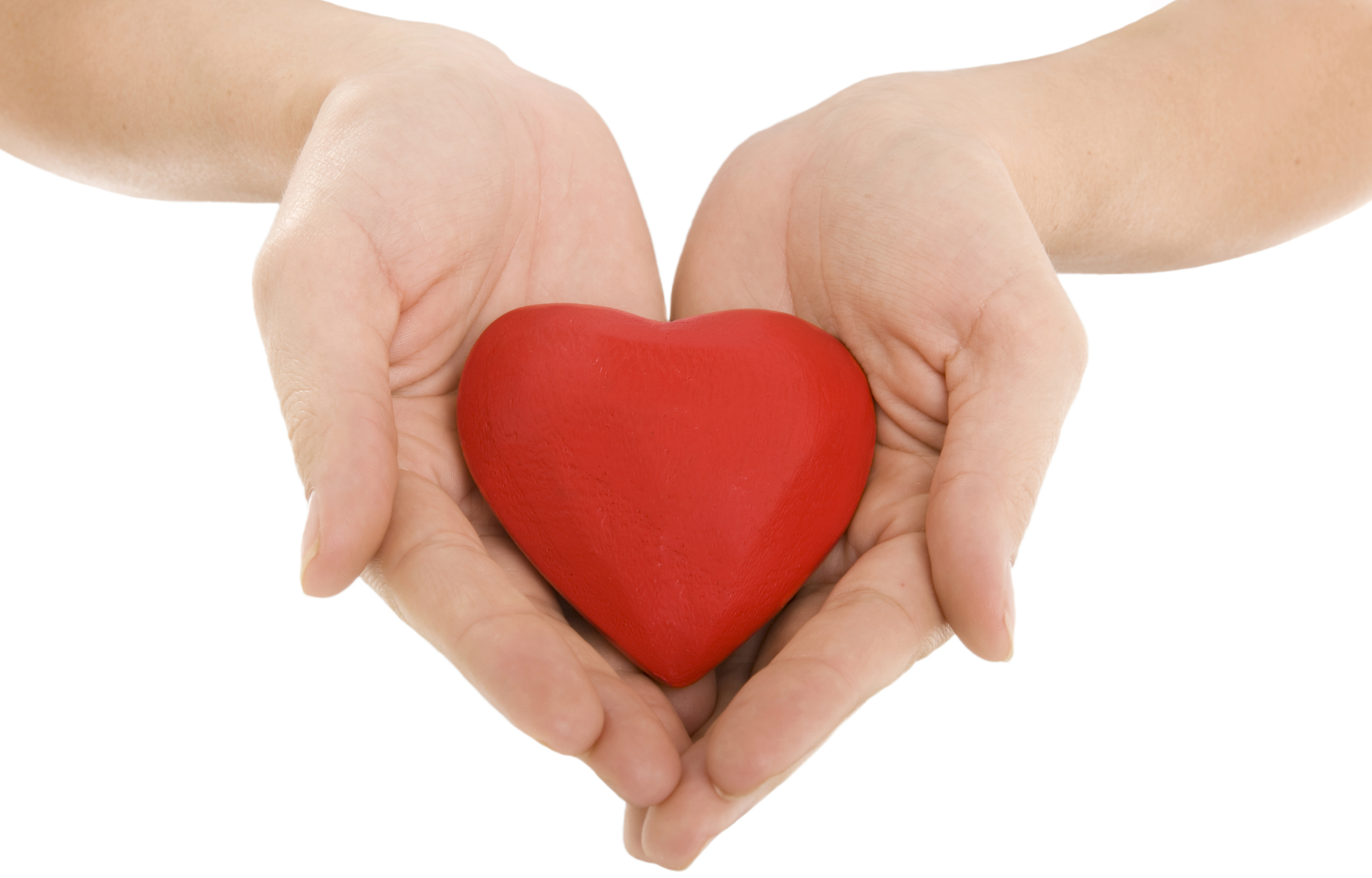The week’s top bike news from around the world, brought to you every Wednesday.
Local news
 Rule of the road
Rule of the road
With the number of bike riders on Victoria’s roads booming, the state government is conducting a review of the road rules with the aim to make the roads more accommodating for all users. They are asking riders to complete a survey to aid their inquiry.
ACT acts on speed
The national capital is joining the world-wide trend to more bike-friendly traffic speeds and will extend its 40 kp/h speed limits to more districts.
Illawarra on the right path
Wollongong Council has announced a five-year bike plan to transform the Illawarra region into a biketopia and generate more than $20 million a year in cycle tourism. The plan fits with the 2020 Community Strategy and the National Cycling Strategy, and, according to councillor George Takacs, “Whereas previously cycle paths were just placed here and there, council is not looking at cycling paths more strategically and how to make cycling more attractive for residents.”
International news
 Spain in the fast lane
Spain in the fast lane
Not wanting to be left behind in the city bike share craze, the Spanish capital, Madrid, has launched a fleet of 1,560 e-bikes available at 123 docking stations. The city hasn’t previously been known for its bike-friendliness, but according to Mayor Ana Botella, “This is a cultural change that has to happen.”
Change of pace in NYC
The New York State Legislature has approved a plan to reduce the default speed limit in New York City from 30mph to 25mph (40.23km/h). The move comes as part of Mayor Bill de Blasio’s “Vision Zero”, a scheme which aims to eliminate traffic deaths by 2024.
Bike-Train-Bike move in Europe
The integration of bike and train transport is getting renewed attention in Europe with the launch of the Bike-Train-Bike, a three-year project to improve the liveability of cities and the energy efficiency of transport by getting more people to ride bikes to and from train stations.
Mentors on mountain bikes
Sisters and pro cyclists Lea and Sabra Davison are helping young women unleash their potential through mountain biking. Their project, Little Bellas, pairs girls aged seven-16 with bike mentors. They also run summer camps and rides designed to help girls get active and build confidence. As the sisters explain: “We use mountain biking as a vehicle to teach the importance of teamwork, goal-setting and participation in a healthy lifestyle.”
Health
 Time for change
Time for change
The old cliche that time heals a broken heart may be scientifically true. A new study published in the journal Circulation has found that those who engage in unhealthy behaviours that raise their risk of heart disease when they’re young can make up for lost time by making positive lifestyle changes in their 30s and 40s. Unfortunately, researchers also found that 40% of study participants made increasingly unhealthy choices as they aged. The four key factors that raise a person’s risk of heart disease are: smoking, being overweight/obese, not getting regular exercise and not eating a healthy, balanced diet.
Video
Le Tour: mapped out!
Get excited for the three weeks of racing ahead and see where the riders will be battling it out for the coveted yellow jersey in this official 3D route guide to the 2014 Le Tour de France.
Parcours 2014 en 3D / The 2014 route in 3D by tourdefrance
Upcoming events
Have you got what it takes to tackle the peaks?
As one of the world’s toughest one-day cycling challenges, Bicycle Network has put together a form guide to see if you’ve got what it takes to conquer the SCODY Peaks Challenge 2015. Entries open Monday, 1 September. Places will sell out.
| 5-27 July | Le Tour de France | UK & FRANCE | |
| 12 July | BicyGals Maintenance Course | Brisbane, QLD | |
| 13 July | Pushies Galore Swap Meet | Brisbane, QLD |
Ride On content is editorially independent, but is supported financially by members of Bicycle Network. If you enjoy our articles and want to support the future publication of high-quality content, please consider helping out by becoming a member.

The trouble with these types of “Surveys” is the lack of equity. Bicycles are a much smaller number, because the infrastructure was not built for bicycles, but for cars. Most people drive cars because the infrastructure is there for them to do so not because they think it is the right thing to do. Flip it around and make the infrastructure favorable to bicycles and discourage the use of cars. When that occurs we may be able truly understand our transportation needs.